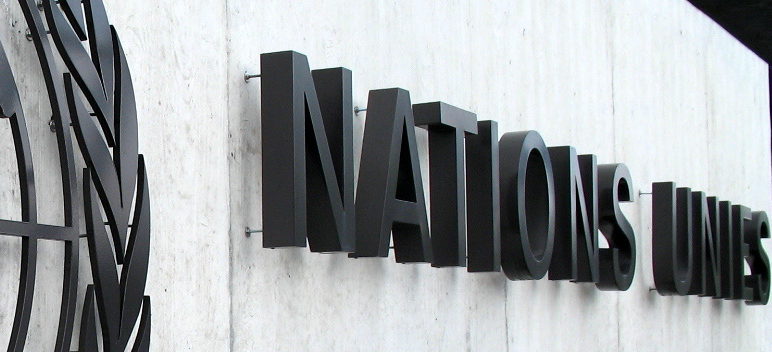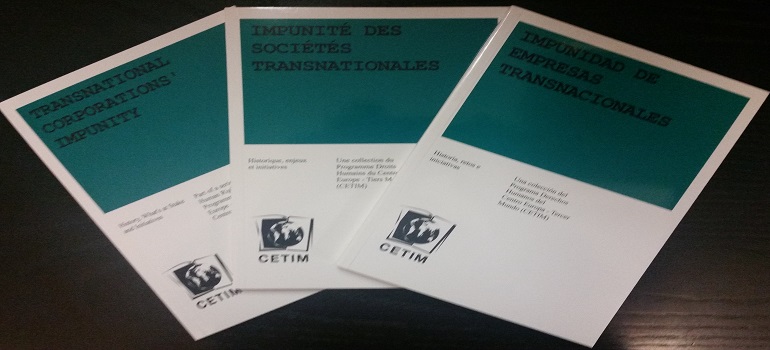CETIM focuses on the promotion and implementation of economic, social and cultural rights (ESCR). They are the backbone of human rights and a powerful tool for achieving a self determinated development model by peoples. This is particularly true for the most vulnerable and marginalised populations. Properly implemented, these rights contribute to the respect for human dignity and to the achievement of social justice. On the contrary, the violation of any of them can jeopardise the enjoyment of all the others.
The universality, indivisibility and interdependence of human rights are enshrined in international instruments. Yet, we are still a long way from their effective implementation for all, and ESCR are among the worst off. Indeed, the basic needs (food, water, health, housing, education) of a third of humanity are still not being met. In some respects, the situation has even deteriorated, including in the countries of the North. This is due to the fact that the policies adopted at economic level accentuate ESCR violations and cause
– increased poverty
– growing inequality across the world
– multiple crises (political, economic, financial, environmental, social and cultural).
By definition, human rights are designed to protect citizens from the arbitrary actions of the most powerful and their governments
The international health crisis linked to COVID-19 has only exacerbated this situation. It has also shown the importance of implementing public policies based on ESCR. In particular, the right to health, the right to housing, the right to food, the right to water, the right to work, the right to education and the right to social security.
But for human rights to be better respected, they must be known, they must be demanded and they must be enforced. However, victims are often unaware of their rights and of the mechanisms available to them for appealing (at national, regional or international level). States, which have an obligation to inform and educate their citizens about human rights, often fail in their duties.
The role played by civil society organisations and social movements in human rights education and training is therefore crucial
– to denounce human rights violations
– to contribute to the implementation of existing standards.
HUMAN RIGHTS COUNCIL 34th session March 2017 [Extract from the declaration] In his mission report to Madagascar, the Special Rapporteur establishes the link between trafficking in precious woods, mining concessions, corruption and violence against the local population. Read the CETIM’s oral statement in French Watch the video subtitled in English
Continue reading
These comments were prepared in collaboration with Professor Gilles Lhuilier. They concern a draft General Comment elaborated by the Committee on Economic, Social and Cultural Rights. The project focus on state obligations in the framework of the activities of business enterprises. Read CETIM’s comments by following this link
Continue reading
The thirty-first session of the United Nations Human Rights Council took place in March 2016 in Geneva. The CETIM acted as the voice of the peoples and of social movements in the fight for their rights. In fact, one of the CETIM’s missions is to denounce human rights violations committed by multinationals and their […]
Continue reading
The CETIM spent three days in Brussels for an expert seminar on the subject of multinationals and human rights, in preparation for the second session of the Working Group on transnational corporations and human rights. The last day, a public conference was held at the European Parliament, organized by the parliamentary group European United Left […]
Continue reading
Multinationals with great economic and political power violate human rights with almost total impunity. The CETIM is bringing out a publication that will demonstrate the necessity and urgency of having a binding international instrument to sanction those multinationals responsible and enable the victims to obtain compensation.
Continue reading
« Previous
1
…
15
16
17
18
19
…
33
Next »




